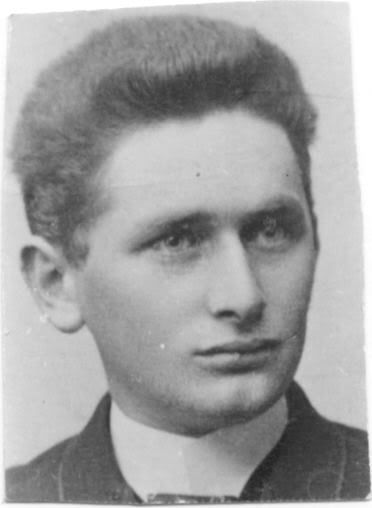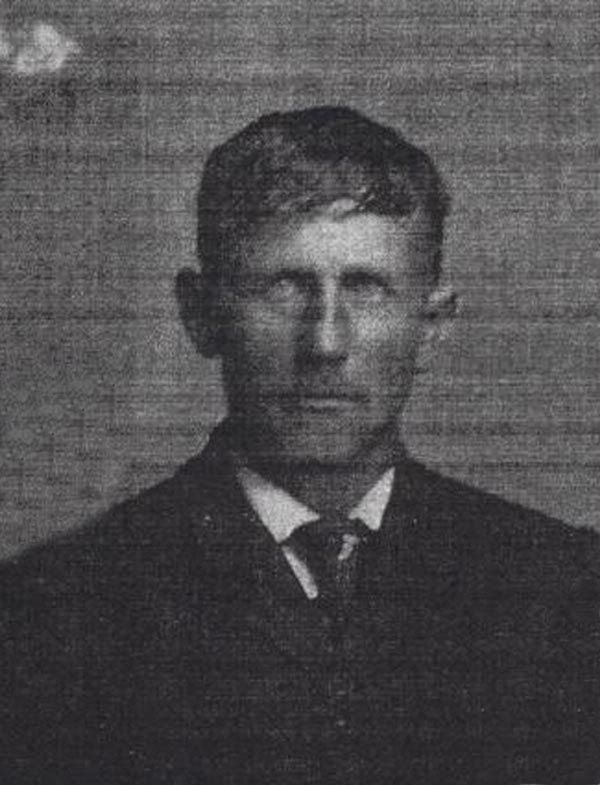They had a slim chance of even meeting. They lived in different countries, never shared the same religious beliefs. They pursued entirely contrasting occupations. To one, came fame and notoriety, as he interacted with the masses throughout the world. To the other, life was lived in the quiet humble setting of farming communities, where his dealings focused on individuals instead of large groups of people. And yet, in their happenstance meeting, something clicked and they became lifelong friends. I have long been intrigued by this peculiar friendship that my Great Grandpa, Charles had with Robert Prometheus.
1890 was a time of change for both of them. Traveling with his family, 20 year old Charles had left his home in Australia to immigrate to the United States. The ship stopped in New Zealand to take on more passengers before beginning the long voyage across the Pacific Ocean. This is where the two young men with dissimilar backgrounds met. Robert was originally from England. But he was raised in New Zealand where he began his professional boxing career. His dream was taking him to San Francisco, where new opportunities beckoned.
The two were instant friends and spent the many hours and days of the long voyage together learning about each others world. Charles acquired a new hobby as Robert taught him boxing techniques. As the hours and days on board the ship stretched into weeks and months, Robert and Charles did other things besides sparing in a makeshift boxing ring. One thing they learn was that they were both handy with the scissors. Not only did they cut each others hair (even back then a young man had to look just right for the young ladies), but soon the two unlikely friends were busy with many other “customers” from the rest of the passengers who liked the job they did.
Their direct contact with each other ending in San Francisco a little over 3 months after it began. Robert pursued his boxing career. Now know as Bob Fitzsimmons, he won three world titles: middleweight (1891-97), heavyweight (1897-99), and light heavyweight (1903-05). Charles continued on with his family to Utah. Within 9 years, he had started his own family and had now made the Northwest Territories of Canada his home. But in spite the distance and differences, these two remained lifelong friends.
I live in the communication age. With cell phones, computers, and jet planes (none of which they had access to), I have never maintained a friendship like that. Charles had a large family (just like I do), and his career as a farmer and merchant took its bumps and “forced unwanted family moves” (just like mine has), but my Great Grandpa, Charles, knew something about developing and maintaining long term friendships that I haven’t yet learned.


